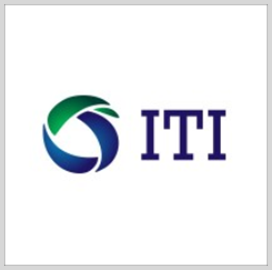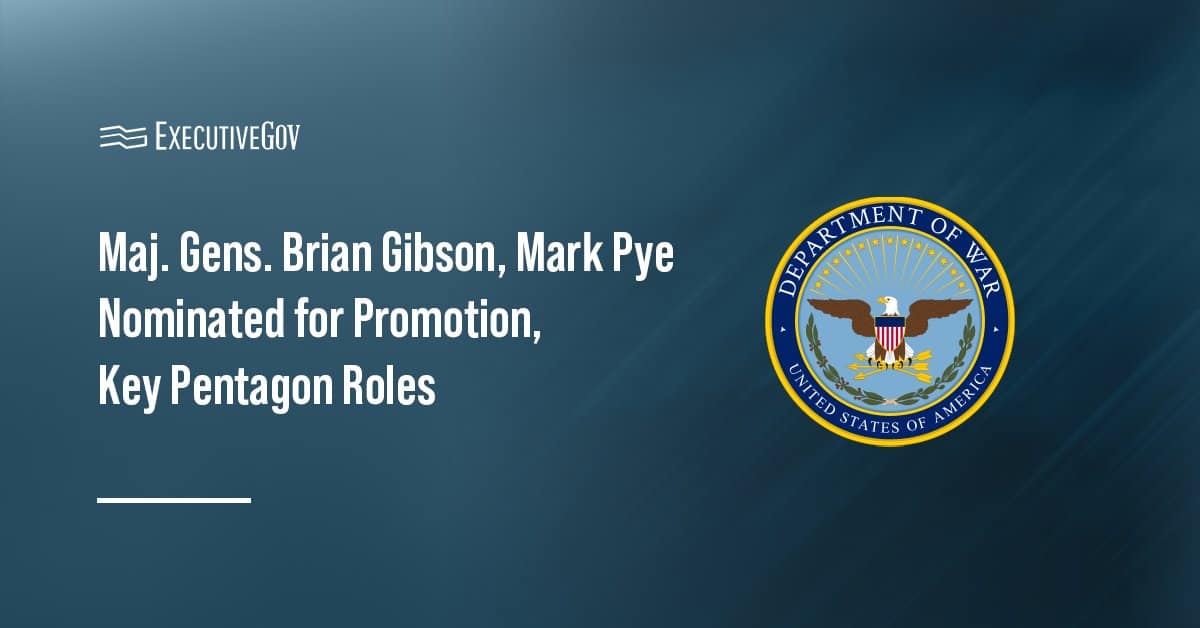The Information Technology Industry Council (ITI) advises the Office of Management and Budget (OMB) to help agencies identify priorities when implementing a zero-trust architecture (ZTA).
ITI said Tuesday that it made a list of recommendations regarding the OMB's Federal Zero Trust Strategy, which will guide agencies as they migrate to a ZTA.
The council said agencies need guidance to determine how to prioritize ZTA use cases based on assets, high-risk vulnerabilities and known threats. This guidance must consider the incremental nature of ZTA adoption, which is not a wholesale infrastructure replacement.
ITI also said OMB should involve the IT administrators of these agencies in anticipation of future cultural changes. The council advises OMB to refer agency administrators to the future, finalized version of the ZT Starting Guide, which is developed by the National Institute of Standards and Technology (NIST).





